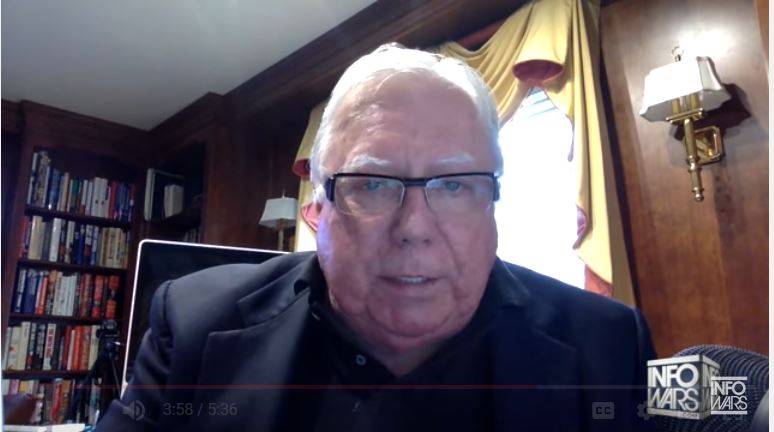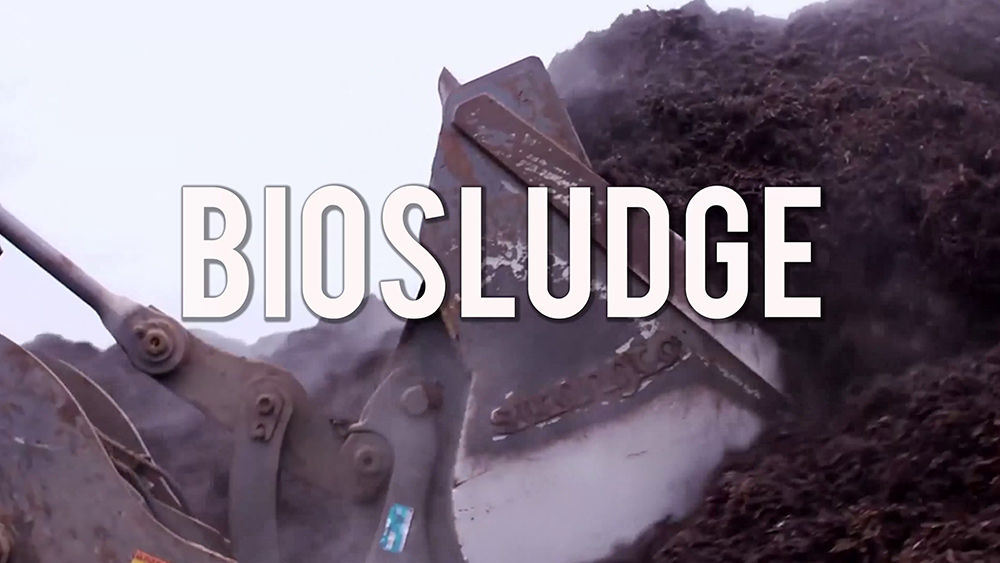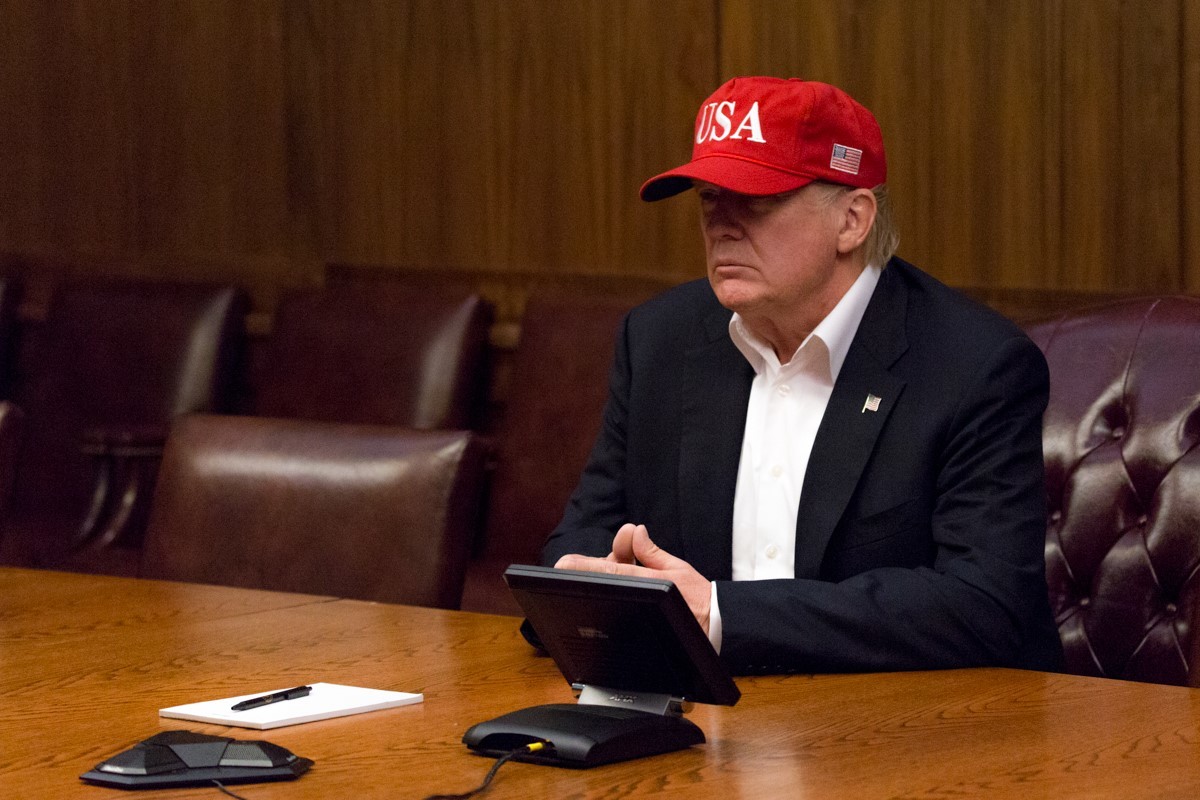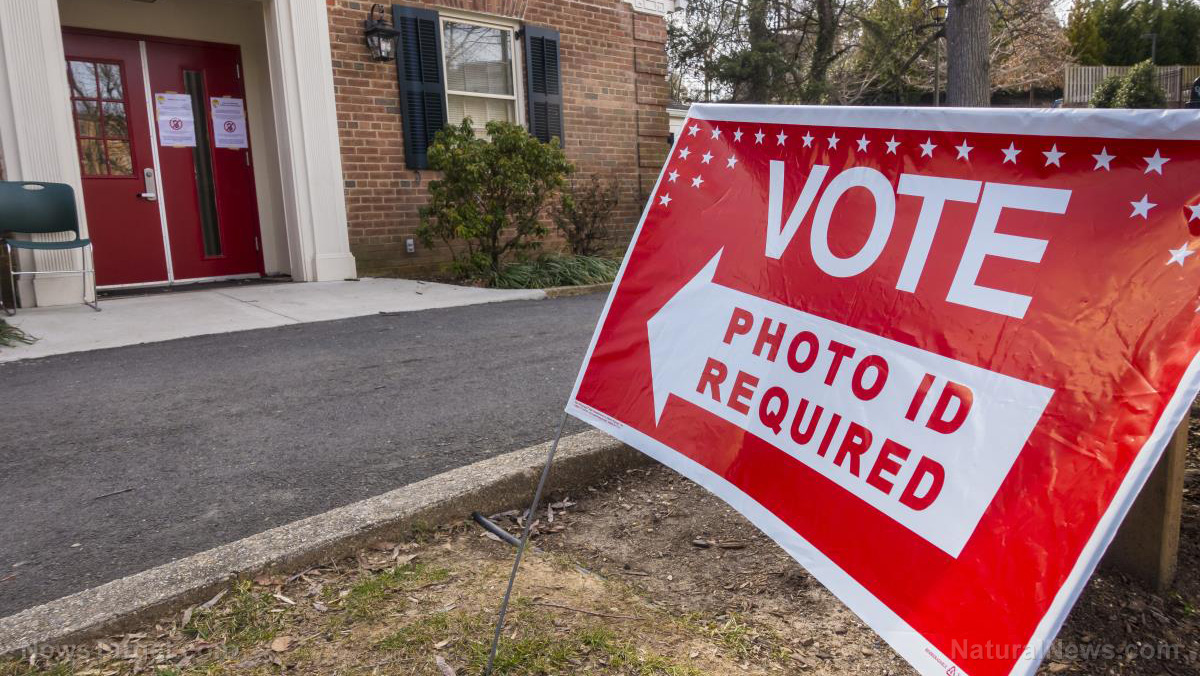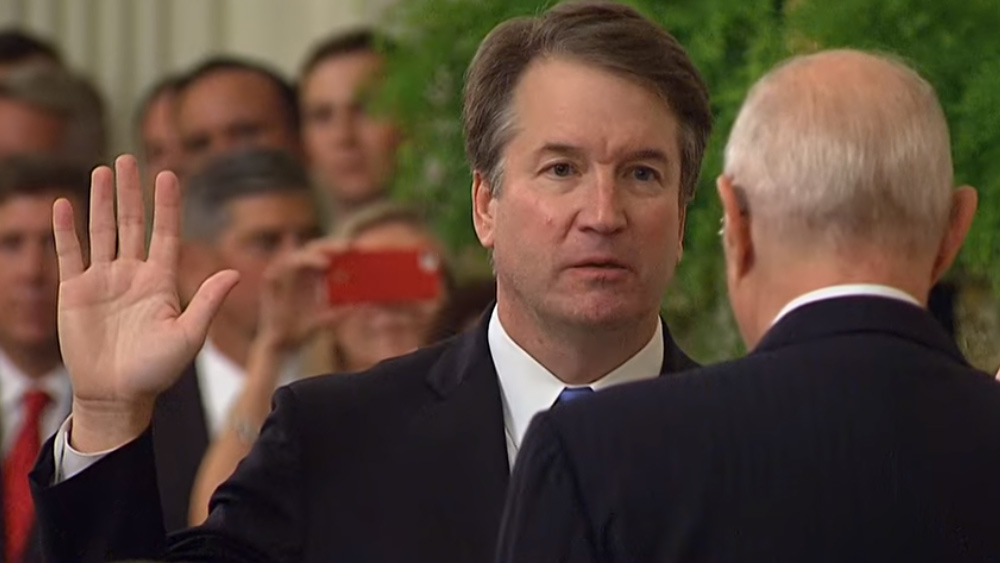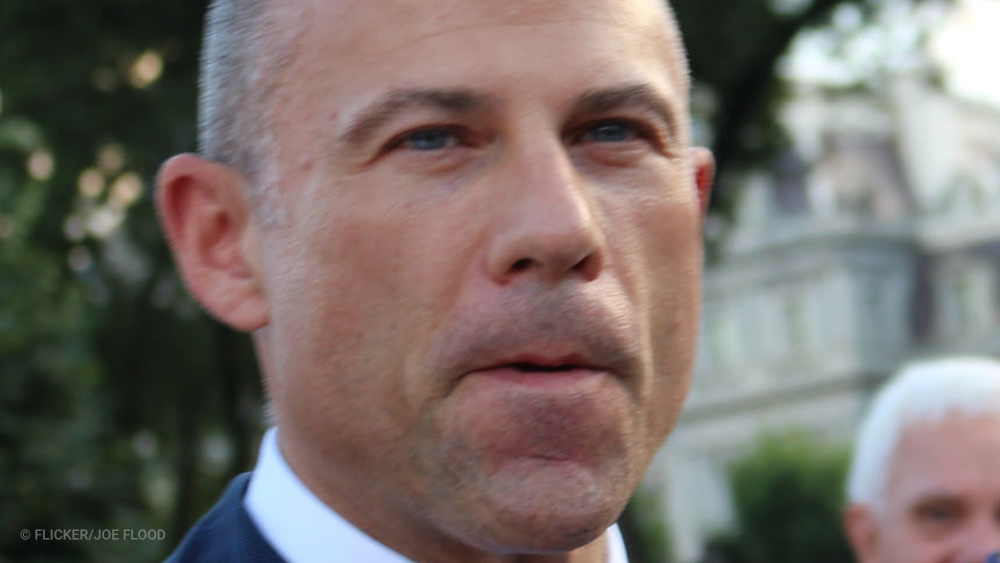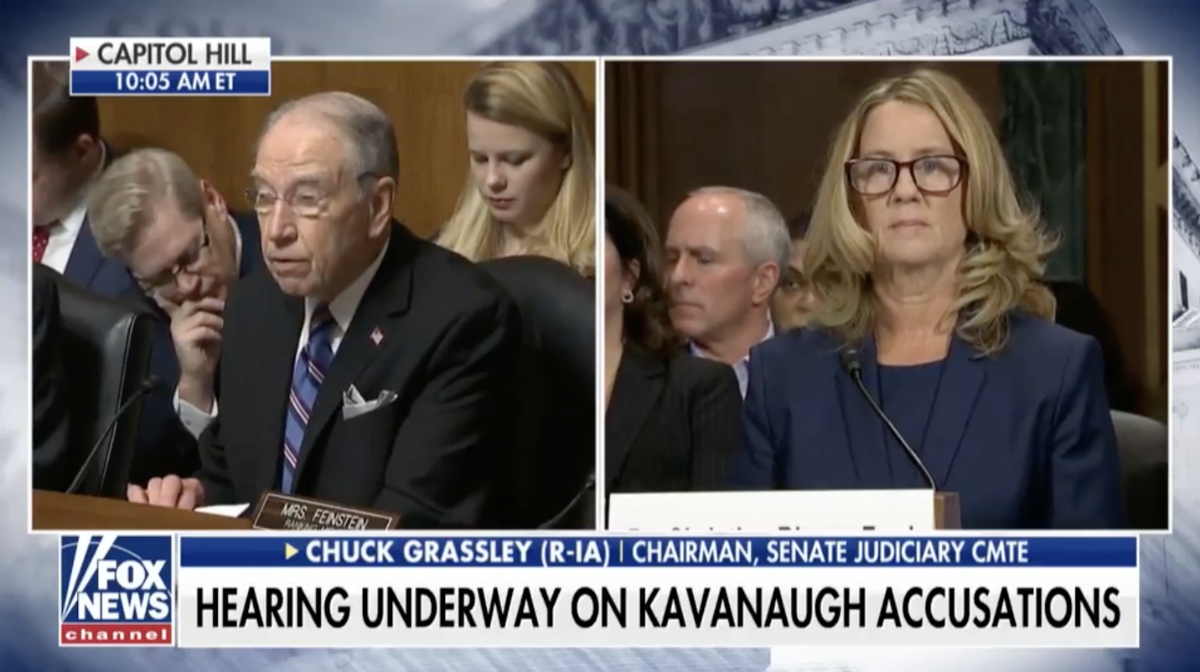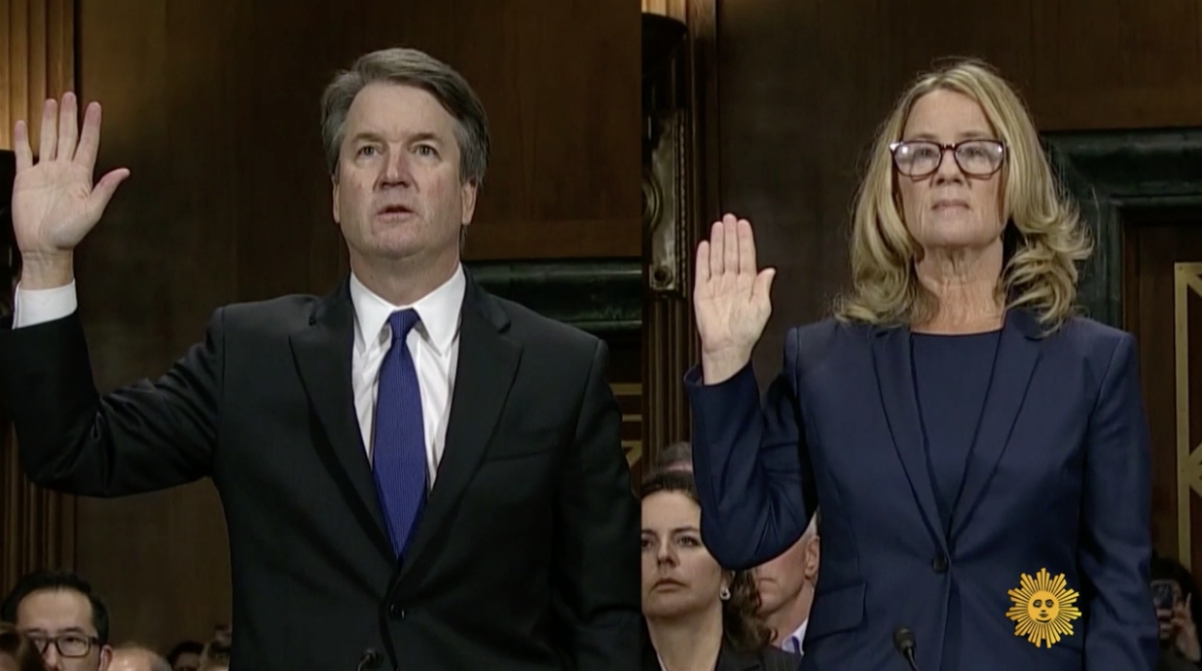Court dismisses ridiculous lawsuit against Dr. Oz over “fake” olive oil warnings
03/14/2017 / By Thomas Dishaw
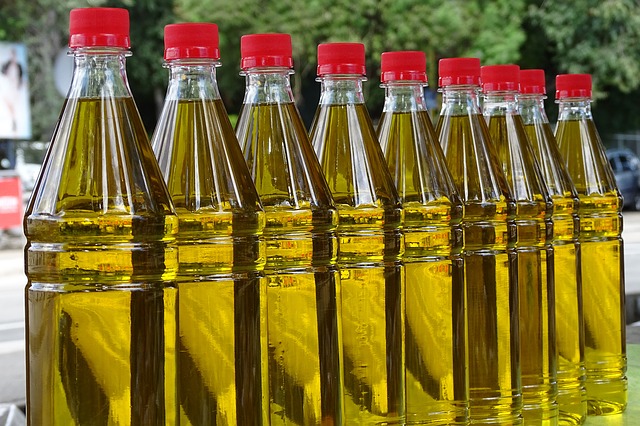
A ridiculous lawsuit filed against Dr. Oz over claims he made about the validity of some olive oils has been thrown out.
A Judge in Fulton County, GA dismissed a libel lawsuit brought against the TV doctor over statements he made during a May 2016 episode, regarding fraudulent olive oil in American supermarkets. The North American Olive Oil Association (NAOOA) found grievance with the fact that Dr. Oz claimed that “80% of the extra virgin olive oil that you buy every day at the supermarket isn’t the real deal.”
Aside from the claim, which several people have brought up before, the association was also upset with a guest that appeared on the episode. Maia Hirschbein, who was introduced as a “certified oleologist,” never specified to the audience that she was an employee of the California Olive Ranch, which, they argue, has an interest in limiting the import of foreign olive oil. (RELATED: Get all the news the corporate media is trying to hide from you at Censored.news.)
In response to the claims that this was an attempt to mislead consumers in order to sway their buying habits, Oz and the show’s production companies, Entertainment Media Ventures Inc. and ZoCo Productions LLC, argued that his statements should be protected under an anti-SLAPP (strategic lawsuit against public participation), and that the NAOOA was just trying to stifle his right to free speech.
Ultimately the judge agreed with Dr. Oz and decided that no statements on the show were made that olive oil is unsafe for human consumption and that the NAOOA had no proof to support their claims. The judge also felt that the organization had not been effected financially by the statements.
Olive oil has become a $2 billion industry in the United States, and with that kind of money comes companies attempting to produce cheap fakes of the product to make a profit. Dr. Oz is far from the first person to bring up the concern over fake olive oils stocked in grocery stores. Several studies have proven that most are adulterated by manufacturers mixing extra virgin olive oil with cheaper, lower-grade oils or poorer quality olive oils. The blended oil is then chemically deodorized, colored, possibly even flavored, and sold as “extra virgin” olive oil to the public.
Trying to tell what olive oil is real and fake is not the easiest task, but there are some guidelines. Some recommend placing the bottle in the refrigerator, as real extra virgin olive oil solidifies when it’s cold. Any oil that does not thicken when cold is not the real deal. Also, extra virgin olive oil is flammable, so you should be able to keep the wick of an oil lamp burning using it. If it doesn’t, then you know you have the fake stuff.
The best and easiest way to distinguish between real and doctored products is to look for bottles that have been tested and are certified as pure and organic. Follow more news about fresh food at Fresh.news.
Sources:
Tagged Under: Dr. Oz, fake olive oil, lawsuits, NAOOA, olive oil

